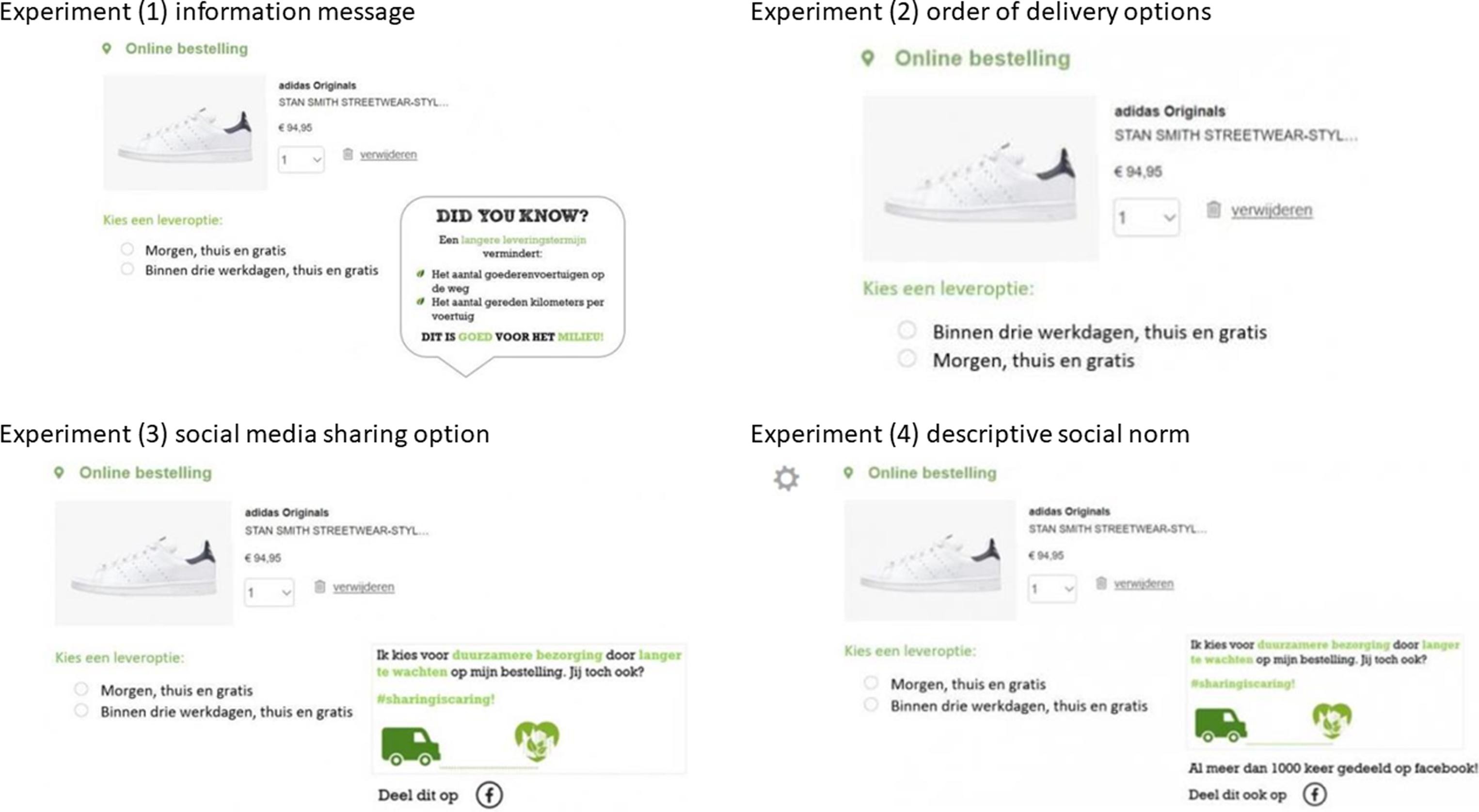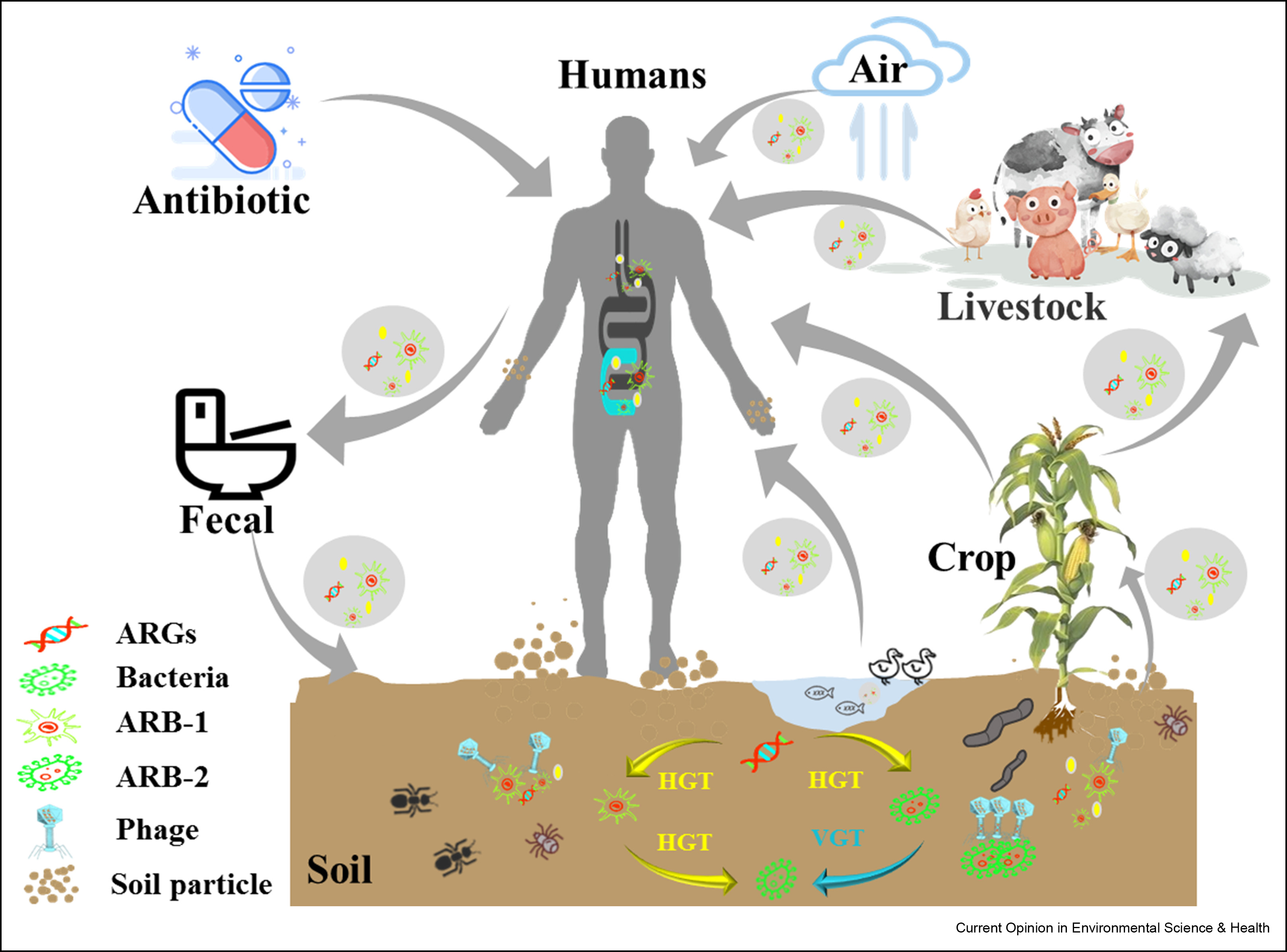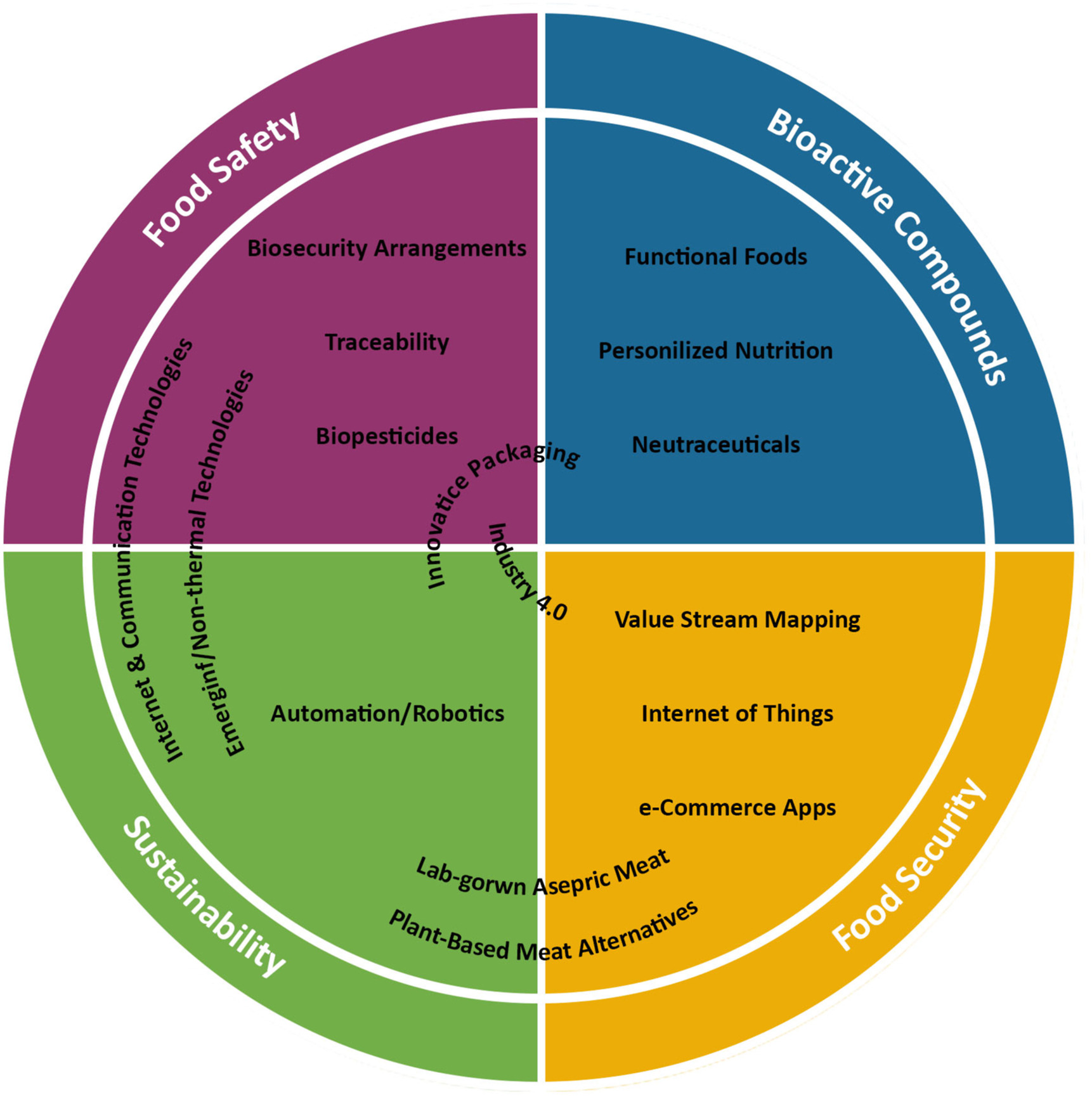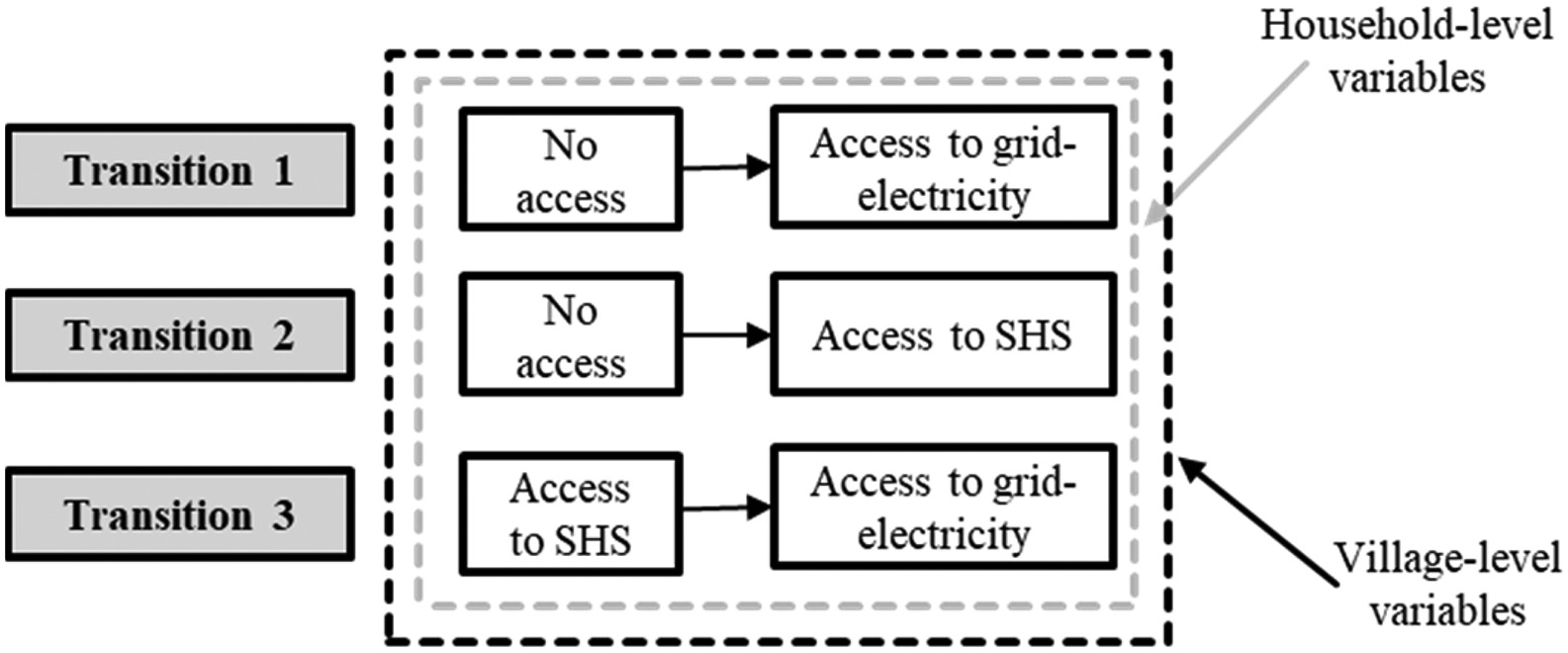The Lancet Global Health, Volume 9, April 2021
Energy for Sustainable Development, Volume 61, April 2021
This paper presents an analysis of the path towards a clean energy transition in rural areas, from the time that households do not have electricity access from any source, to when they get access to the national electricity; considering the intermediate access to an off-grid renewable technology, as well as the post-electrification years. For this, field household-level data are collected through surveys and electricity consumption measurements in rural Kenya.





